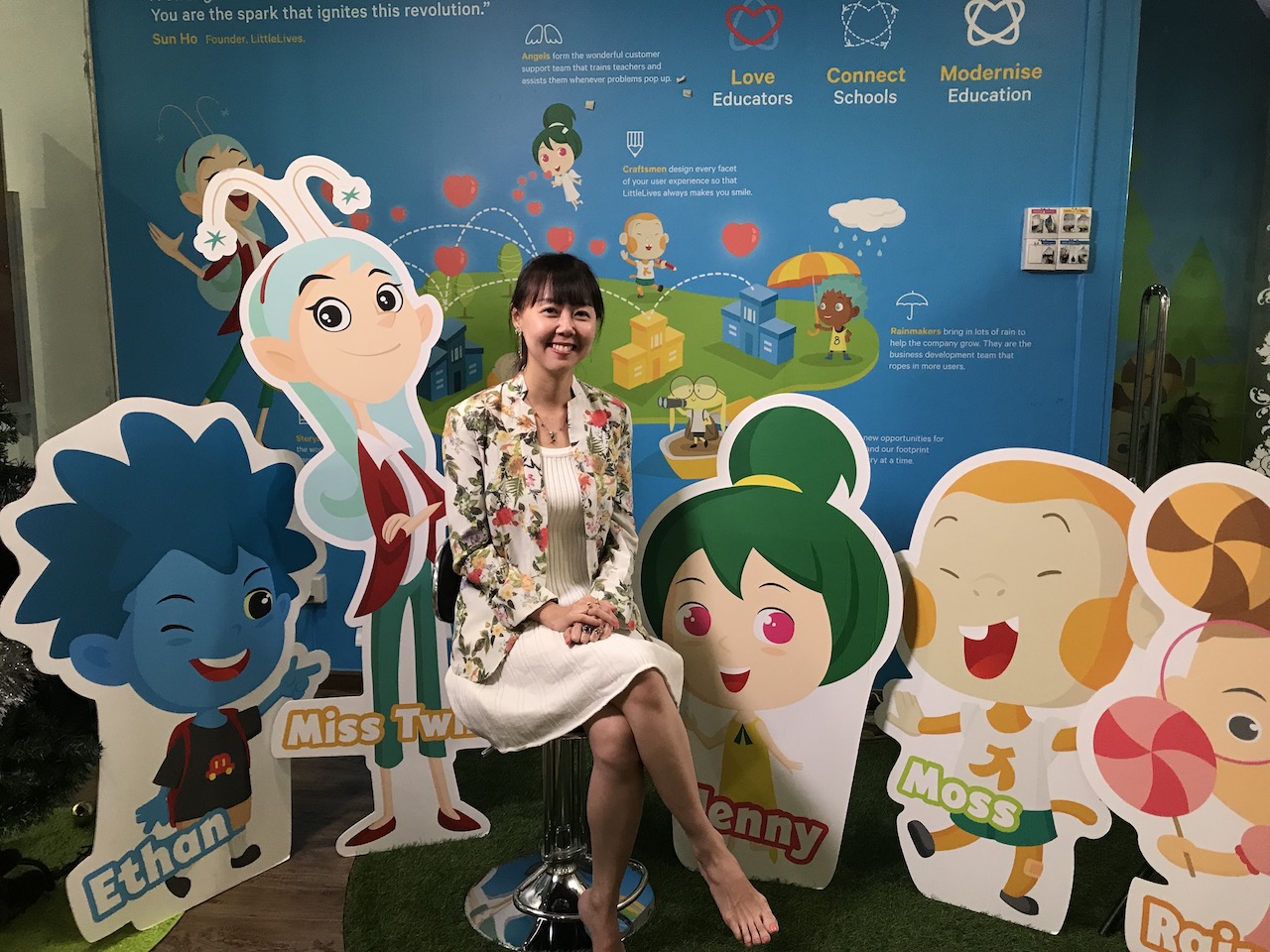Early childhood education is a balancing act designed to send even the most chill and level-headed teacher spiralling into burnout.
Stuck with more than 20 restless and energetic tiny people every day, early childhood teachers constantly juggle between placating one bawling child and chiding another for missing his homework for the third day in a row, pouring in an equal amount of emotional labour on top of managing chaotic classrooms.
Sun Ho, the founder of the early childhood classroom management app, LittleLives, wants to alleviate some of these emotional and mental burdens for teachers by taking over tasks that are tedious yet necessary in classroom management. For instance, LittleLives designs a portfolio of students’ progress, which they can take home at the end of every semester, and also helps consolidate fees from parents.
With these automated functions, teachers can give their full care and attention to their students, allowing parents greater peace of mind.
After all, every teacher knows: it’s easier to care for their class of children when parents are happy.
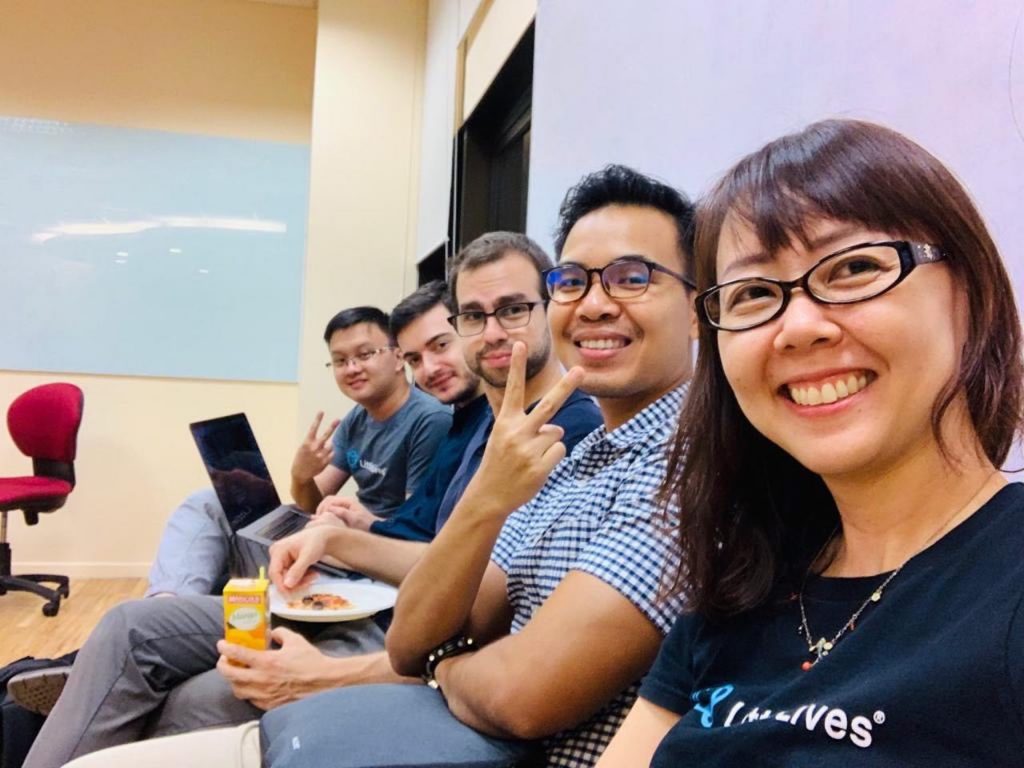
Sun Ho: My affinity for technology led me to pursue a degree in Computer Science in NUS and subsequently a career as a software engineer. Technology allows you to build solutions to problems, measure the results, and then tweak and evolve the solution.
Knowing that education made a big difference in my life, I built LittleLives to contribute solutions to schools that would help everyone involved in making education the best it can be.
RICE: But why the early childhood sector, out of literally hundreds of other industries you could pick from?
Sun: Frankly, LittleLives got into early childhood by chance. Do you know what children learn in preschool? On top of basic numeracy and literacy, they learn to name their feelings, discover the world around them, play and share with their friends, not to give up after falling, and many more skills we need in life.
Holistic growth is what preschool teachers aim to achieve for each child. At the same time, they’re caring for the health and physical wellbeing of every child. It is a very demanding profession.
Today we serve about a thousand preschools in the region with our school management system.
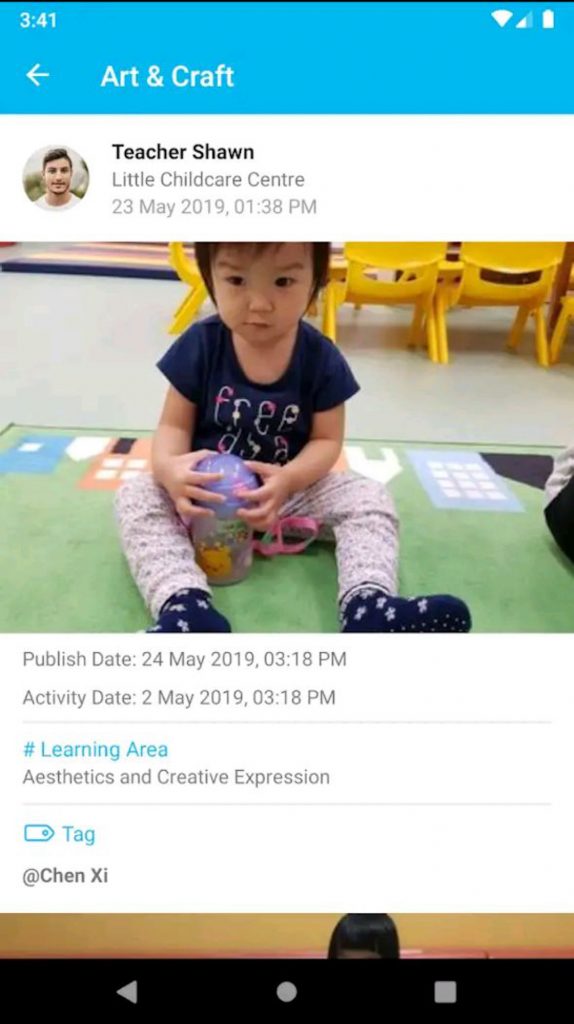
Sun: Ever spent a full day with a child? Know how much energy a child has, and how you feel exhausted at the end of the day? Now multiply that by 15 children, five days a week.
That’s not all. Add communication with parents, reports to management, administrative tasks, learning observation portfolios for each child, incident logging, professional development, and more.
LittleLives builds a complete school management system and apps to support schools, including their management, administrators, and staff. For instance, our Little Check In app takes care of daily attendance, time in and out, and temperature; our LittlePoop app keeps track of health activities and growth; our Little Family Room app keeps parents connected with schools.
Every step is designed to get mandatory tasks done in the shortest amount of time, so teachers can focus their love on the children and their learning.
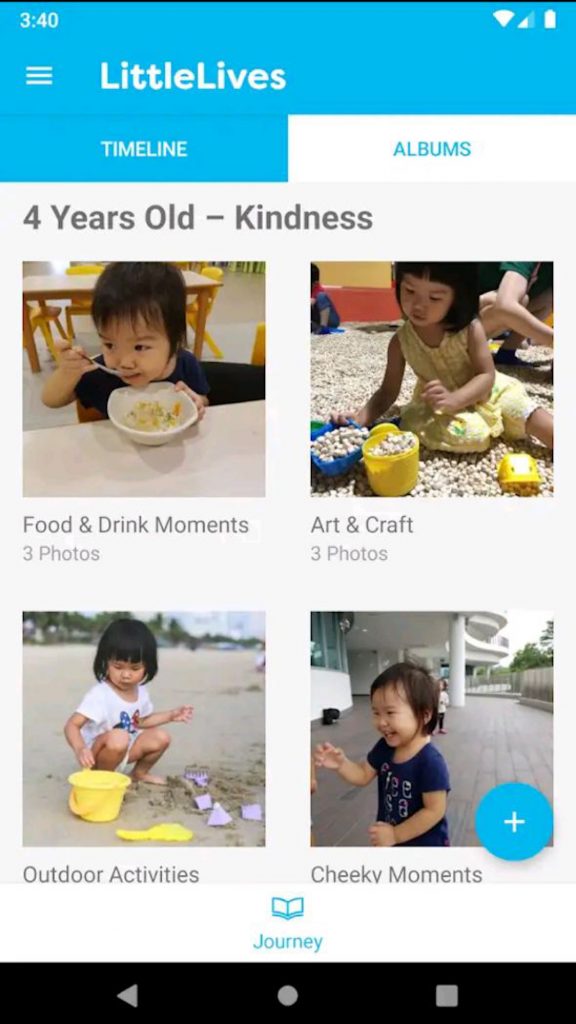
Sun: I distinctly remember a potential investor saying I was too nice and would not succeed. Did he mean I wasn’t aggressive enough?
Other times, business contacts commented on how cute I was or that I wasn’t what they expected a tech startup founder to look like. I wonder what they are supposed to look like. I didn’t know whether to find their comments funny or strange.
The good thing is, these are just the minority. Most people I’ve met are interested in the system we’ve built for schools and the success we’ve achieved in the region. They express their curiosity at our features and our technical implementation, all of which I am very passionate to discuss.
RICE: On the flip side, were there any successes or milestones that you didn’t expect to achieve?
Sun: Yes, our word-of-mouth success. For every country LittleLives is in today, we started because a school heard about LittleLives from their peers. We’re amazed at how school administration and operations can be so similar in different countries. The structure and organisation of a school (e.g. levels, classes) and their concerns (providing great care and learning, building trust with families, and staying afloat) are things we understand and are helping to solve.
RICE: It’s often said that high achieving women—like yourself—tend to experience imposter syndrome more than anyone else. Do you experience this?
Sun: Perhaps it helps that I don’t find myself a “high achieving woman”. I am so flawed in so many ways that I’m amazed I made it thus far. (Wait, is this … imposter syndrome???)
Perhaps “high achieving”, “woman”, “nice”, and so on are just labels to put us into boxes, so others find it easier to figure you out.
However, we all are complex beings, unique in our own ways. I turn to my passion, my values, my dreams, my vision, and my teammates to put me in the right place. They remind me I’m just me, and that we are a team trying to make a positive impact in every aspect of the school.
RICE: On that note, let’s talk about your strengths. How do you think you differentiate LittleLives in the market?
Sun: Every feature of LittleLives is designed to be delightful and useful. We look at the challenges faced by schools across the spectrum (from small centres to big chains of schools) and we push the boundaries of how each feature can be designed and developed.
For example, our payment module with DBS is a new feature designed to save time for every parent and every school. It allows for instant payment by parents anytime, anywhere, on the Little Family Room app—the same app that parents receive updates on their child’s learning progress. At the backend, we integrated DBS API to provide accurate and automatic reconciliation of transactions with school invoices.
Simple and elegant features backed by a strong technical implementation is one of LittleLives’s greatest strengths.
RICE: That’s pretty impressive. Not every start-up gets the privilege of collaborating with a huge brand. How have they helped you take LittleLives to another level?
Sun: Every team and every person I’ve met from DBS is brimming with the possibility of how banking can be made easier with technology. They’ve encouraged our collaboration and supported us every step of our partnership.
With the new payment feature, that’s just the first baby step. We’re looking forward to helping every school make fee management an invisible step in their school administration. After all, the most important thing is allowing teachers to focus on caring and teaching.
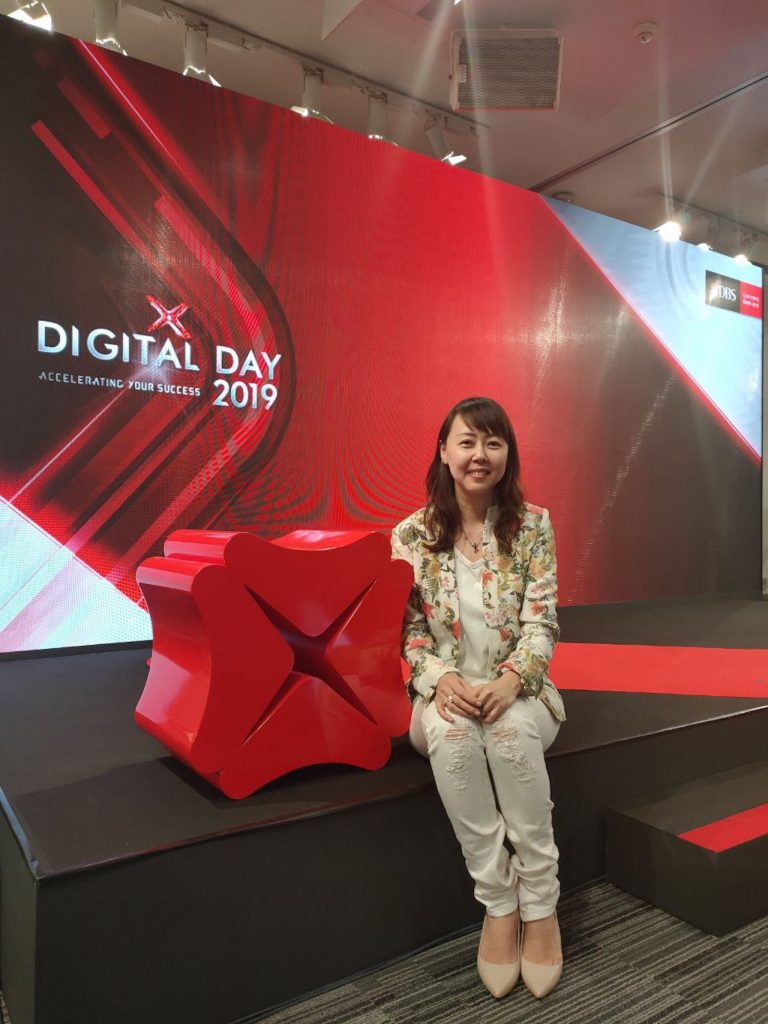
Sun: I see work-life balance as feeling fulfilled in both your work life and your personal life.
In work life, my fulfillment comes from purpose. Building features that positively impact schools and our users gives me great joy.
In personal life, my fulfilment comes from authentic connection. When I connect truly and deeply with my loved ones, I’m filled with a sense of joy, love, and pleasure.
I have not yet learnt to do both really well, but the learning journey is one I embark on every day to renew my understanding of the world and the people in it.
RICE: How do you ensure that you don’t burn out?
Sun: The startup journey is a marathon, and to run a marathon well is to pace yourself.
Often, working in a startup is not just about doing. It’s also very much about thinking, learning, innovating, creating, communicating, collaborating, to name a few. It’s a balancing act to find what generates energy and what drains it, then switching gears when your battery’s low.
And if it gets really tough, being able to laugh at ourselves really helps to keep our team going.
This is the first in a 5-part series on a new generation of entrepreneurs who have seized opportunities with the roads less travelled, and are living their best lives.
Have something to say about this story? Write to: community@ricemedia.co.

